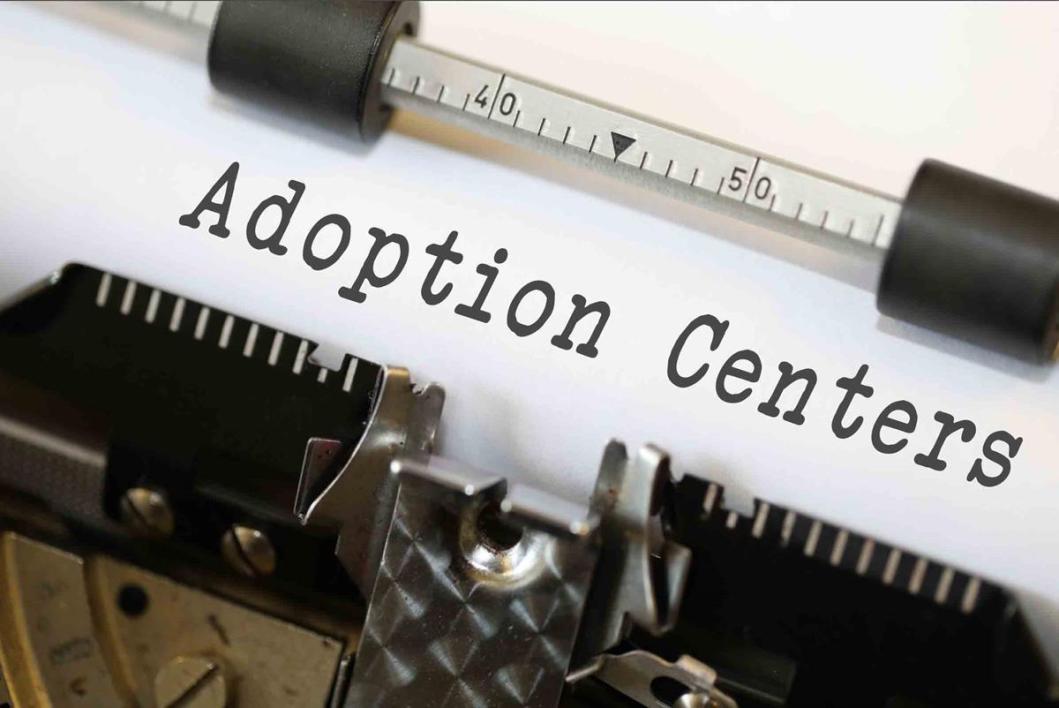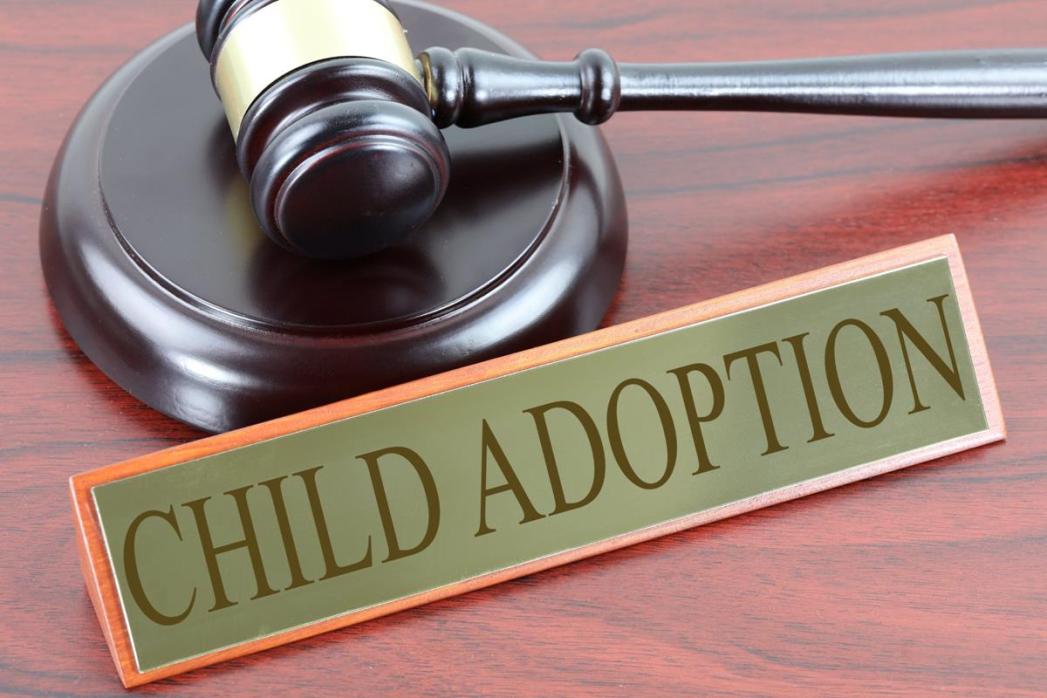What Are the Legal Rights of Adopted Children?
Adoption is a beautiful and life-changing process that provides a loving and stable home for children who may not have had one otherwise. It is a legal process that creates a permanent parent-child relationship between the adoptive parents and the adopted child. This article explores the legal rights of adopted children and their families, ensuring their well-being, equality, and protection under the law.

Legal Rights Of Adopted Children
Adoption laws and regulations vary across jurisdictions, but certain fundamental legal rights are generally recognized and protected for adopted children:
- Parent-Child Relationship: Adopted children have the same legal rights and responsibilities as biological children. This includes the right to be raised by their adoptive parents, to inherit from them, and to receive child support.
- Access to Records: Adopted children have the right to access their adoption records, including birth certificates, medical history, and information about their birth parents. This right may be balanced against the privacy rights of birth parents, and legal procedures exist to obtain adoption records.
- Inheritance and Property Rights: Adopted children have equal inheritance rights as biological children. They are legal heirs and beneficiaries of their adoptive parents' estate, and they are protected against disinheritance or discrimination in wills and trusts.
- Education and Special Needs: Adopted children have the right to equal access to education, including special education services. They are protected against discrimination in school admissions and programs, and they are entitled to educational opportunities and support to meet their individual needs.
- Child Support and Maintenance: Adopted children have the right to receive child support from both biological and adoptive parents, if applicable. Legal mechanisms exist to enforce child support obligations, ensuring financial stability and well-being for adopted children.
Legal Protections For Adopted Children
In addition to their legal rights, adopted children are also afforded specific legal protections:
- Adoption Laws and Regulations: Adoption laws and regulations govern the adoption process, ensuring the safety and well-being of children. These laws include requirements for home studies, background checks, and court approvals.
- Child Abuse and Neglect: Adopted children are protected against child abuse and neglect. Reporting requirements and responsibilities are in place for adoptive parents and professionals, and legal consequences exist for individuals who harm or neglect adopted children.
- Adoption Disruption and Termination: In some cases, an adoption may be disrupted or terminated due to abuse, neglect, or fraud. Legal grounds and procedures exist for adoption disruptions and terminations, safeguarding the rights and well-being of children involved.
The legal rights and protections afforded to adopted children and their families are essential in ensuring their well-being, equality, and protection under the law. These rights cover various aspects of their lives, from the parent-child relationship to education, inheritance, and child support. By understanding and advocating for these rights, we can create a society where adopted children can thrive and reach their full potential.

It is important to note that adoption laws and regulations can vary across jurisdictions. Readers are encouraged to learn more about the specific laws and protections in their area and to advocate for the rights of adopted children.
YesNo

Leave a Reply